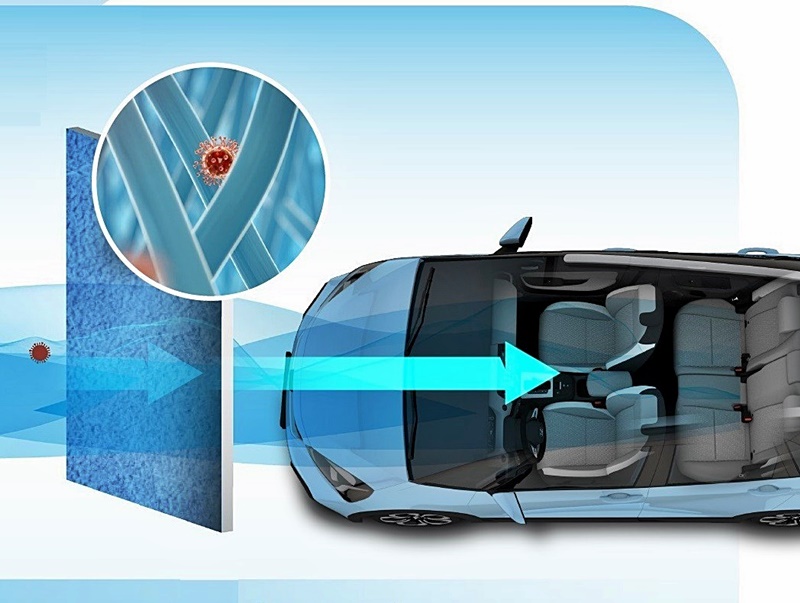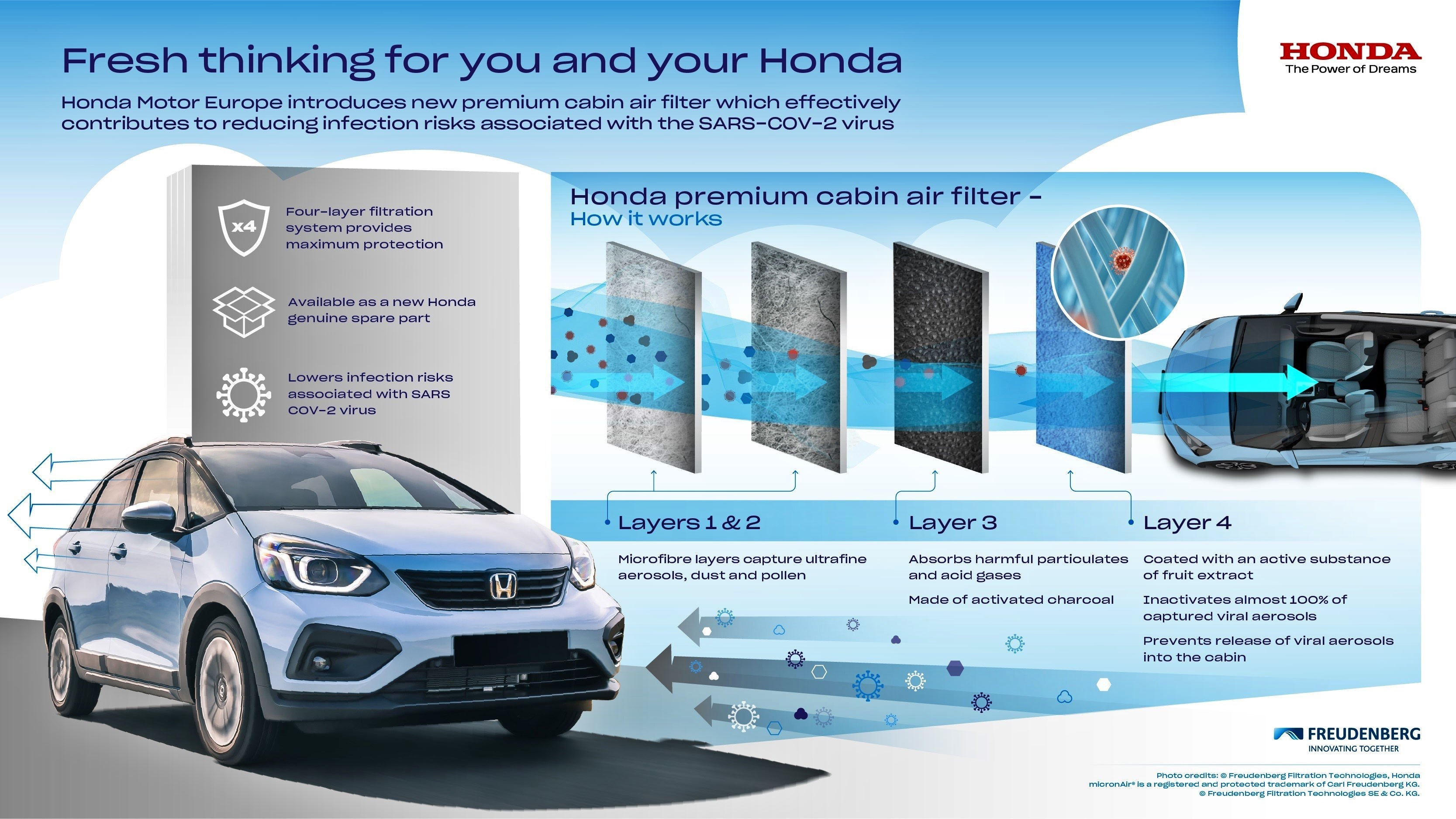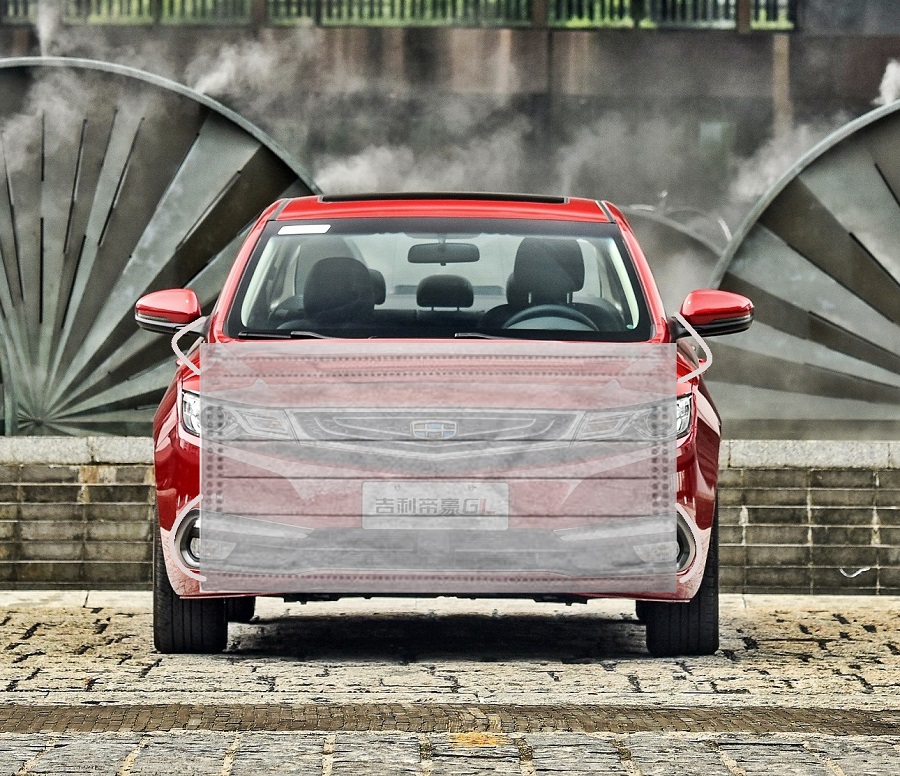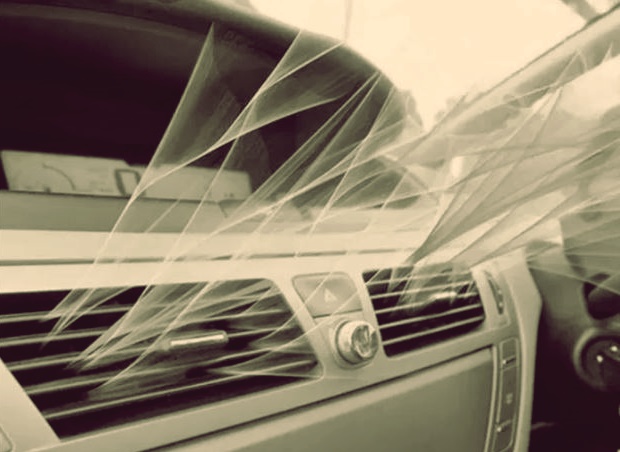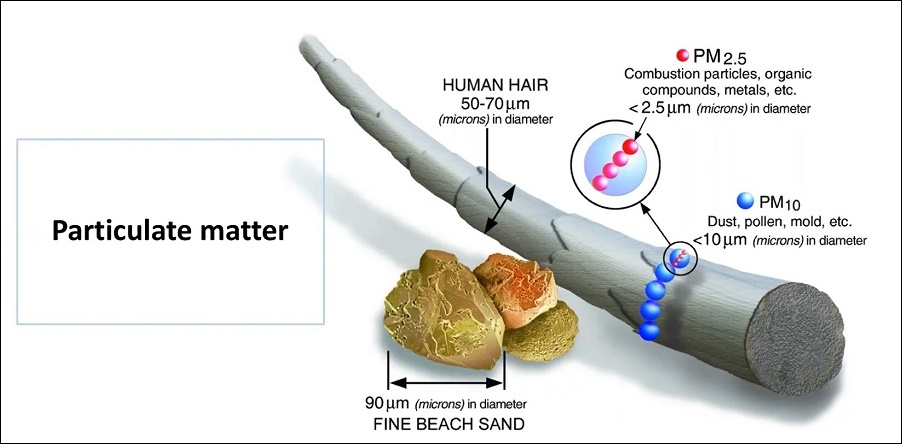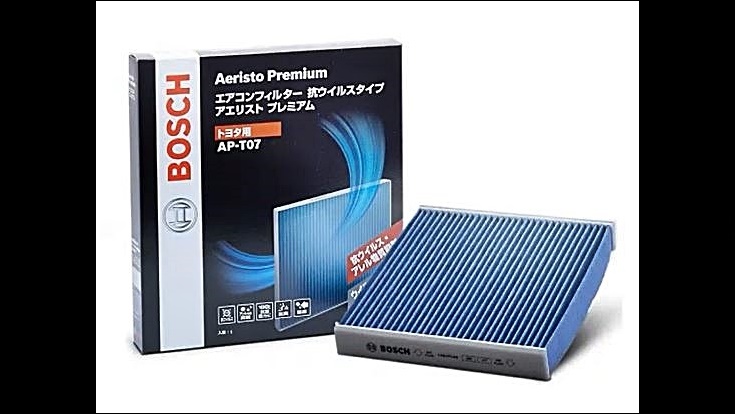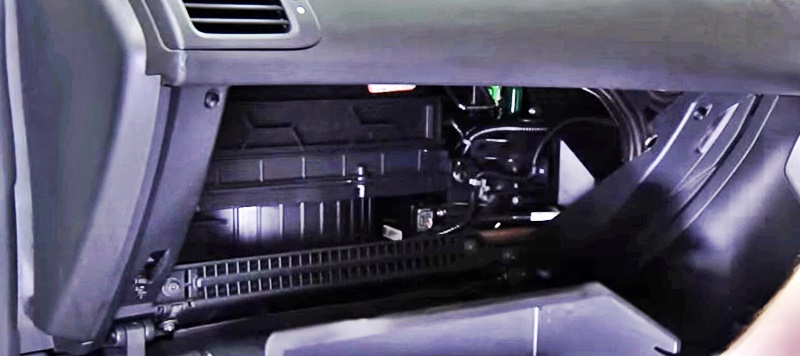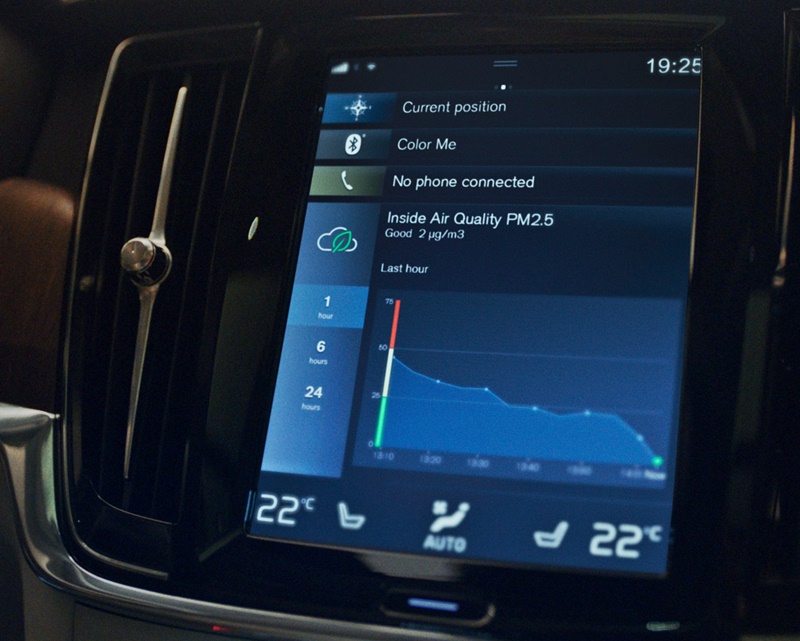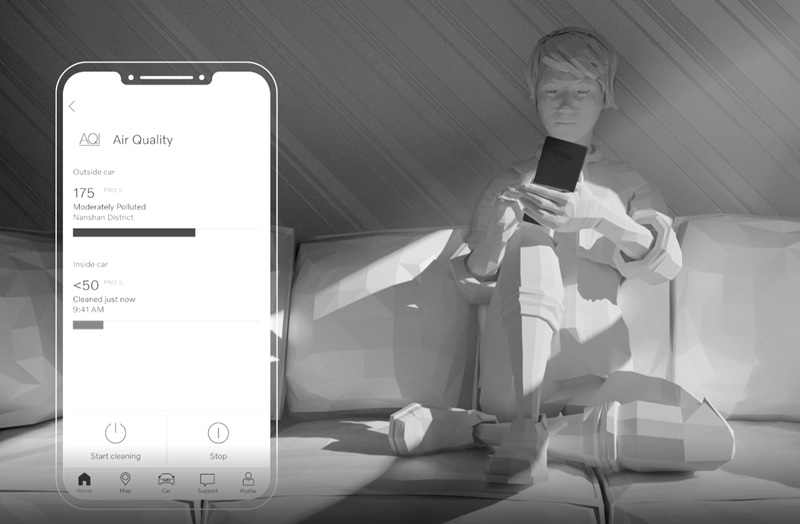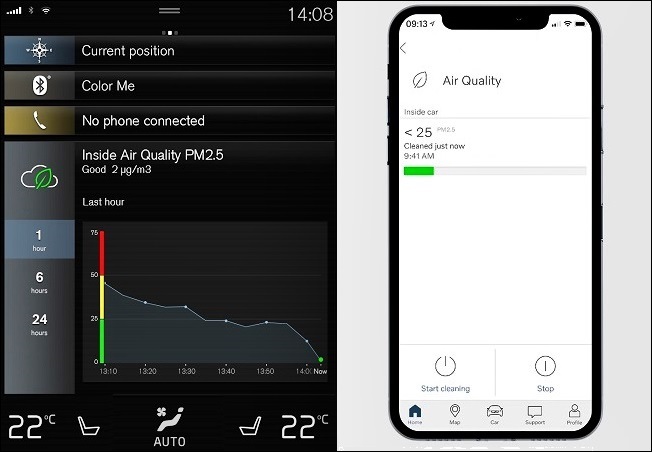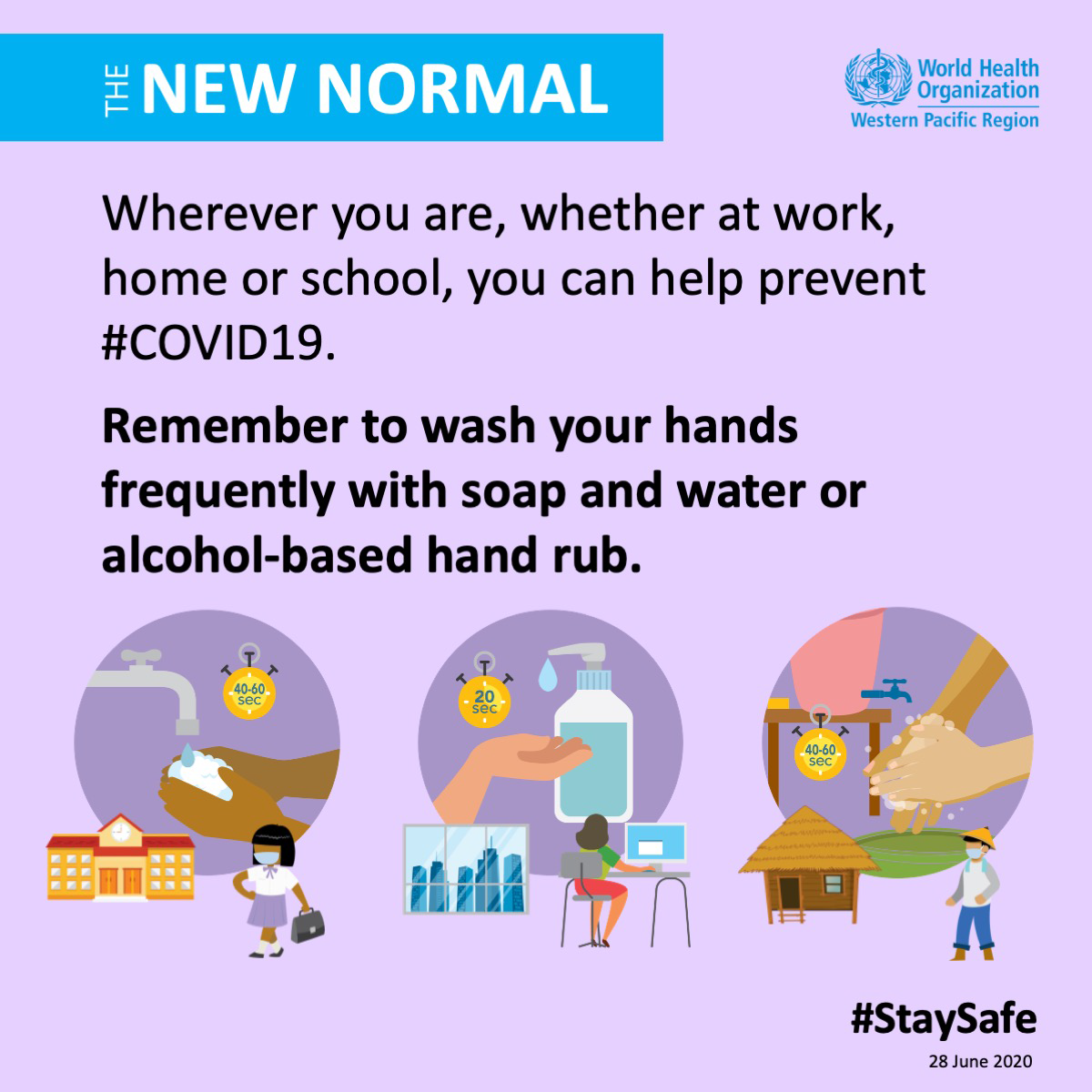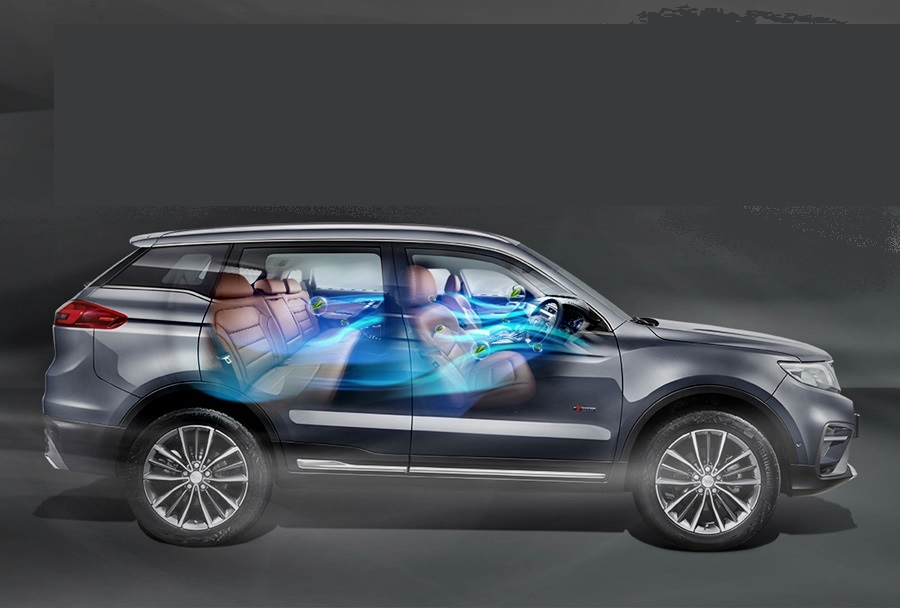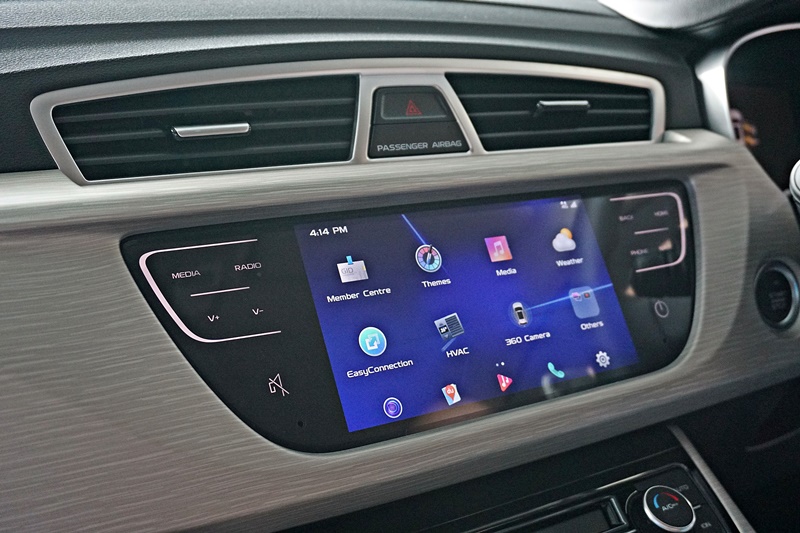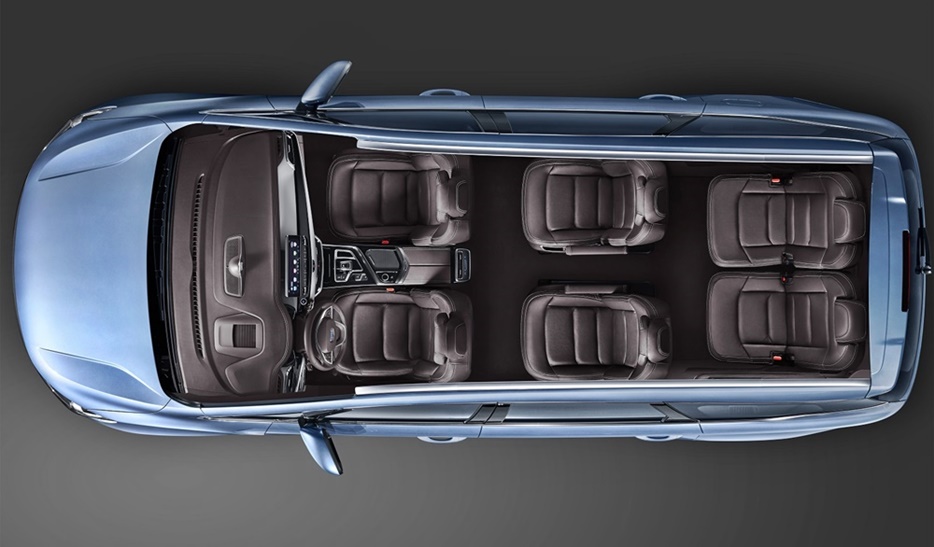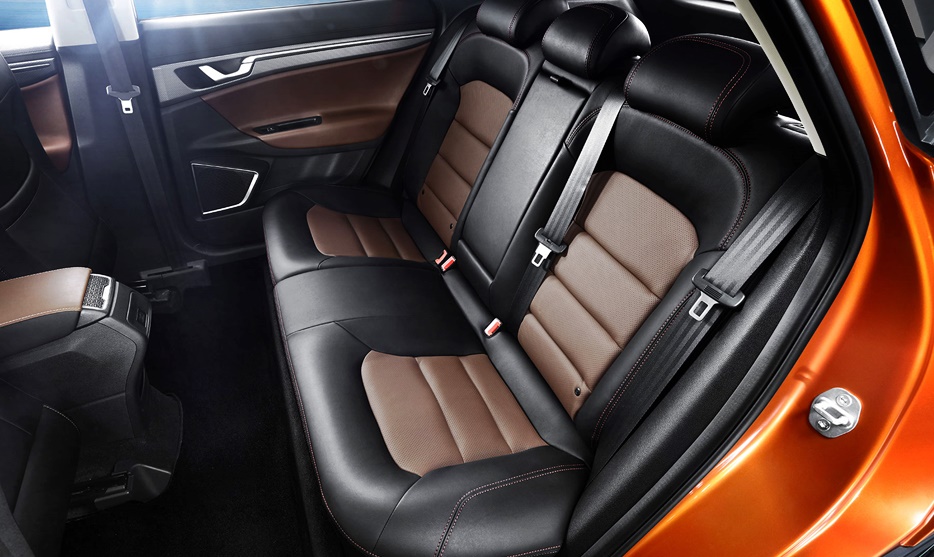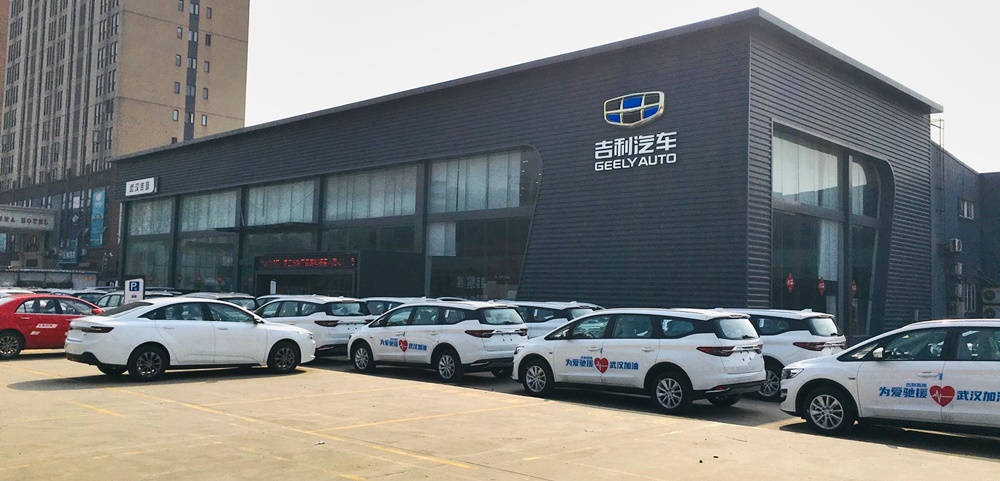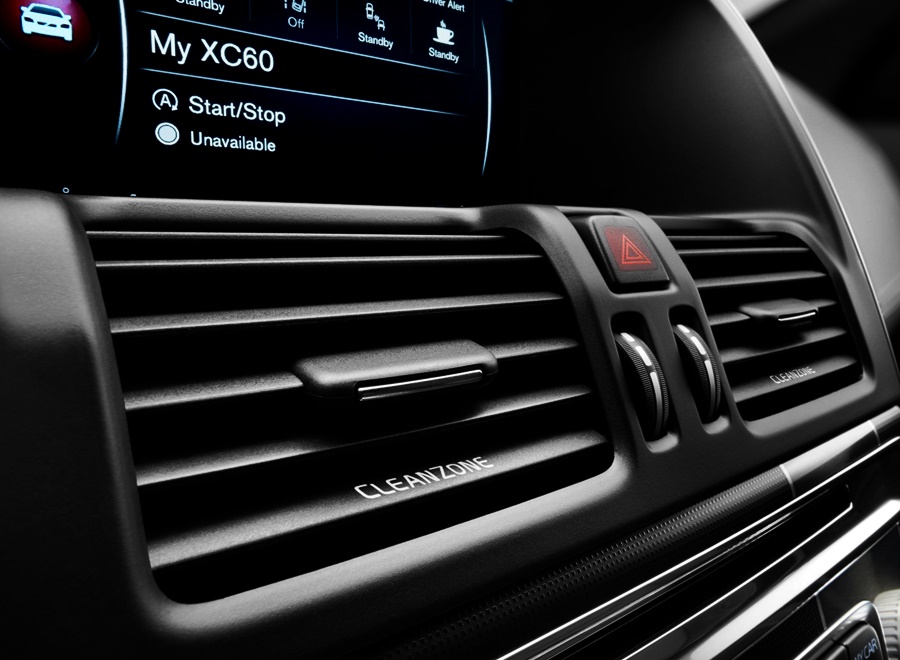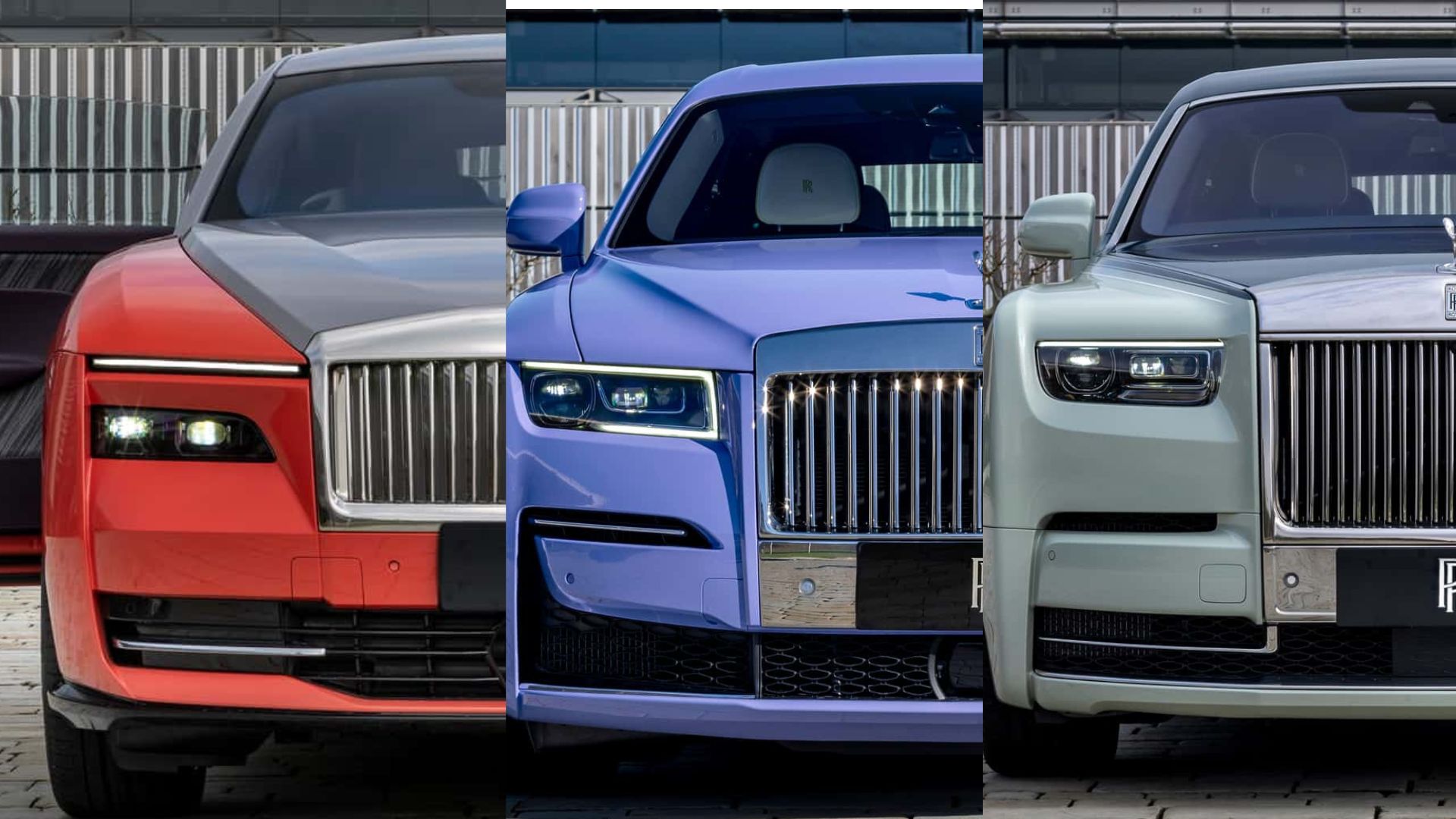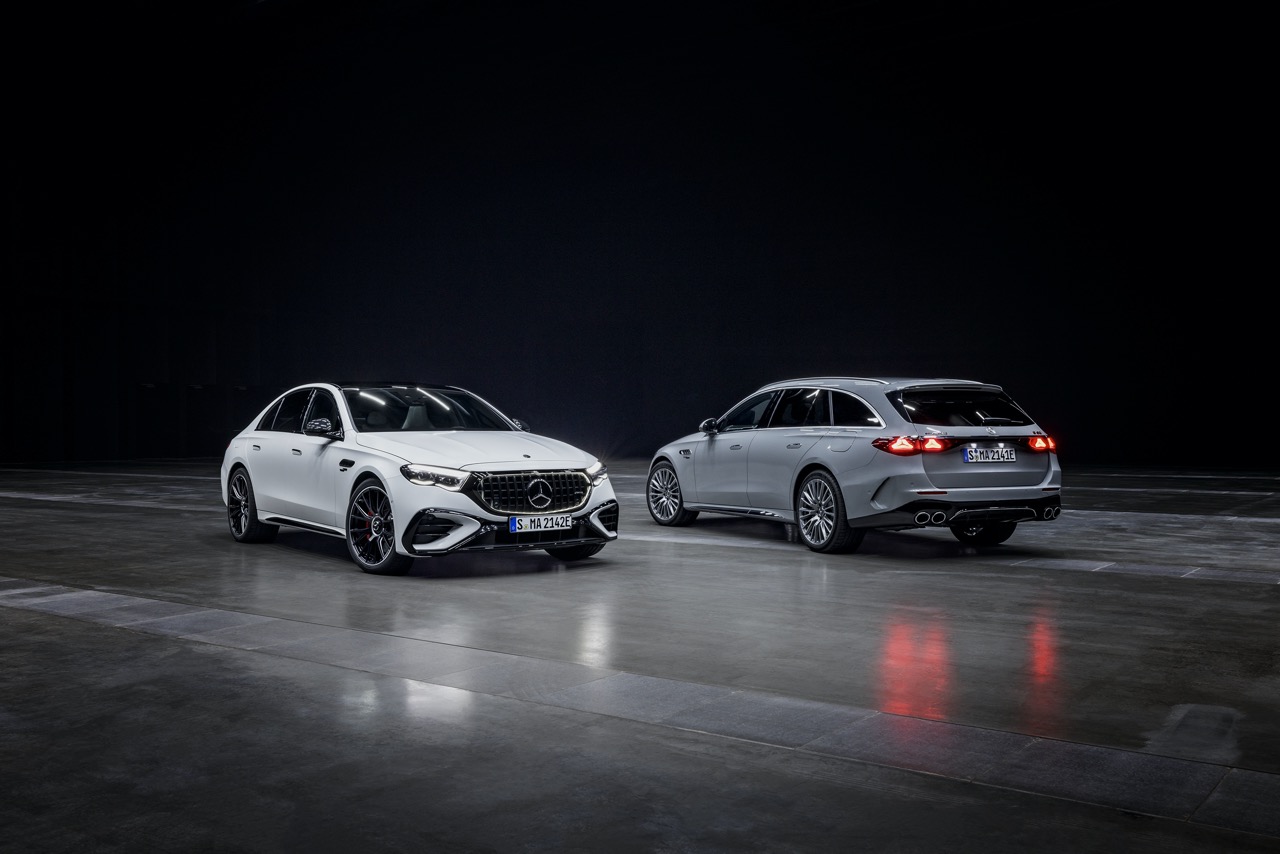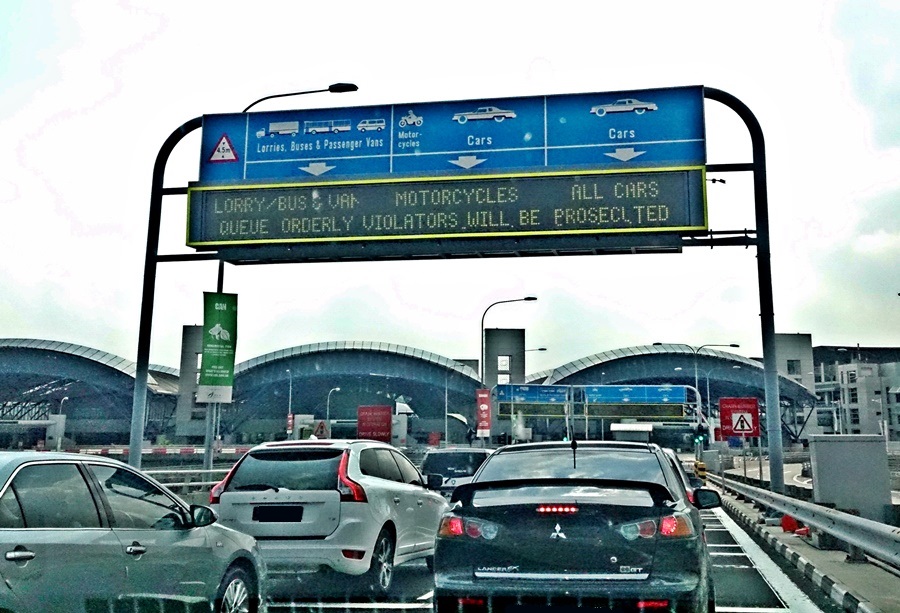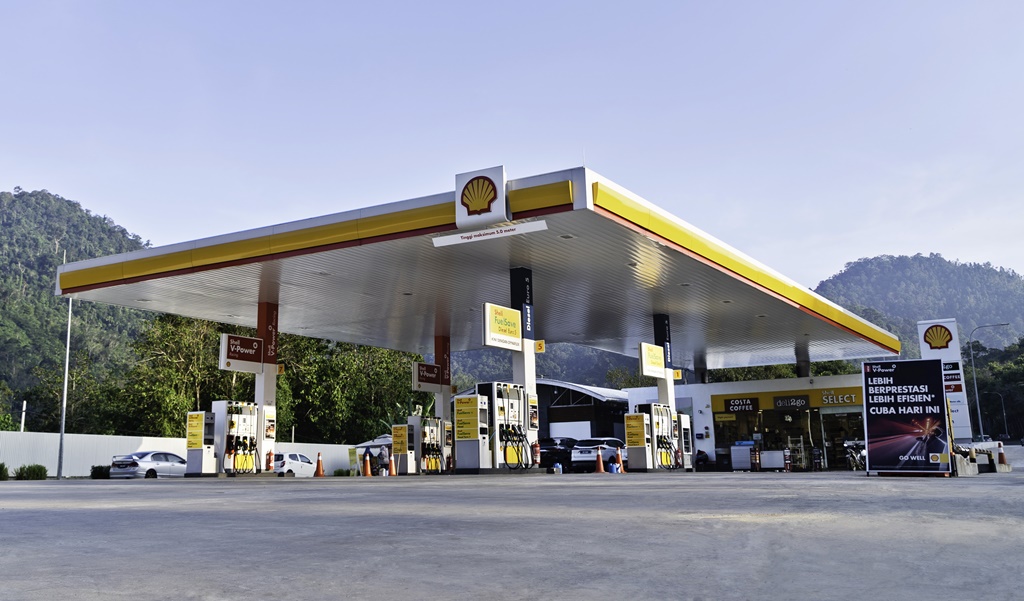Cabin ventilation systems in cars used to have either fresh air brought in from outside, or recirculated air. In some countries, manufacturers added filters especially to trap pollen and help those who had allergies. But generally, the system was quite straightforward and advancements were largely in improving cooling (or heating) efficiency and distribution of air.
Over the past 20 years, companies like Volvo have gone further to improve air quality, and some systems also have ion generators to freshen the air. Now Honda has developed a premium cabin air filter which it says can reliably captures viral aerosols, is highly effective at capturing a wide range of harmful germs, allergens and even viruses related to significant health problems, – including infection risks associated with the SARS COV-2 virus or what the world knows as COVID-19.
Honda genuine accessory
The Honda premium cabin air filter was developed in cooperation with Freudenberg of Germany and is offered as a new Honda genuine spare part in the European market, as an alternative to the standard Honda pollen filter in most recent models.
“As society is now more aware than even of the impact of germs and viruses such as COVID-19, we expect the demand for protective solutions to increase rapidly. This premium cabin air filter is a great example of Honda working together rapidly with its suppliers to deliver a product of real benefit that improves the health and safety of driver and occupants,” said Eiichi Hino, President Honda Access Europe NV.
Significantly reducing concentration of viral aerosols
This new premium cabin air filter provides active protection by significantly reducing the concentration of viral aerosols. This is achieved by a unique multi-layer design that effectively filters, captures and suppresses noxious environmental gases as well as inorganic and biological particles and aerosols.
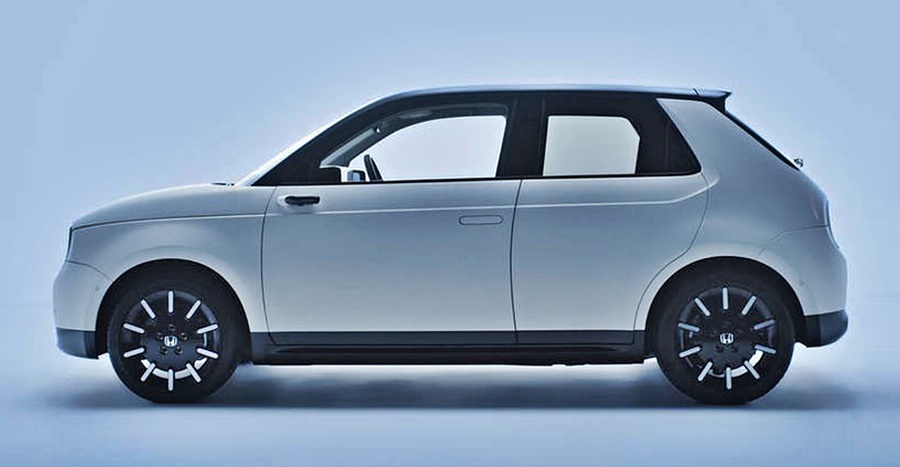
4-layer filtration system for maximum protection
The fine particle filtration layers provide improved protection against virus transmission in comparison to standard filters. They demonstrably separate not only droplets (> 5 μm), but also critical viral aerosols (droplet nuclei significantly below 5 μm).
The filter can trap more than 90% of viral aerosols and an innovative second step inactivates almost 100% of the captured viral load via a bio-functional layer impregnated with fruit extract. The first two microfibre layers of the Honda premium cabin air filter capture most ultrafine aerosols, dust and pollen while the third layer, made of activated carbon, is responsible for the adsorption of harmful pollution such as particulates and acid gases.
An innovative fourth bio-functional layer coated with the active substance of fruit extract then effectively inactivates captured viral aerosols and prevents them from being released back into the cabin air. This has been conclusively proved by a comprehensive series of tests conducted in collaboration with the Austrian Research Institute OFI.
Fresh air also important
Coronaviruses are spread in droplets produced when those affected sneeze, cough or breathe and can remain infectious on surfaces for hours or even days. Wind disturbances, temperature changes and humidity can all cause that these particles become airborne again, at which point they can be picked up by the filter. To lower the infection risk in the vehicle cabin, it is generally recommended to increase the fresh air supply to reduce the concentration of aerosols. In recirculation mode, removing viruses from the air largely depends on the efficiency of the filtration system and the air exchange rate.
Geely Auto looks at ‘passenger safety’ from a different perspective, aims to make cars ‘healthier’



